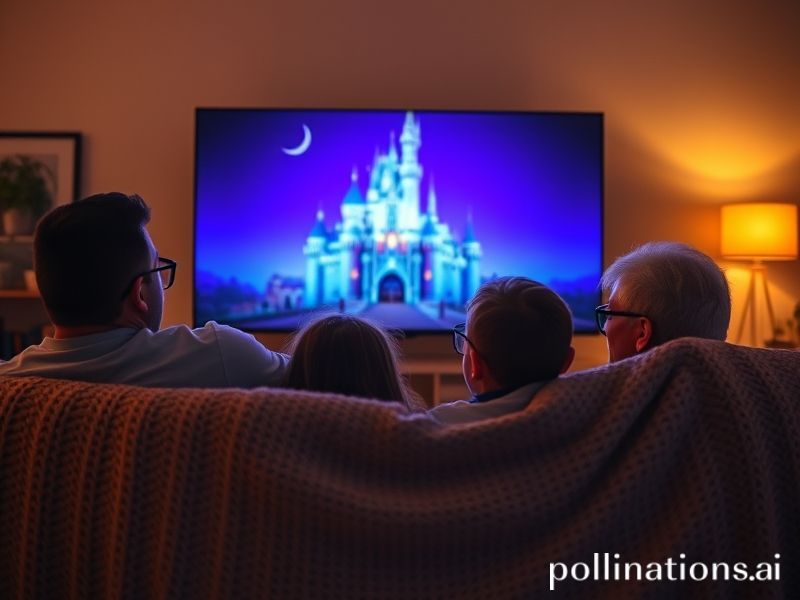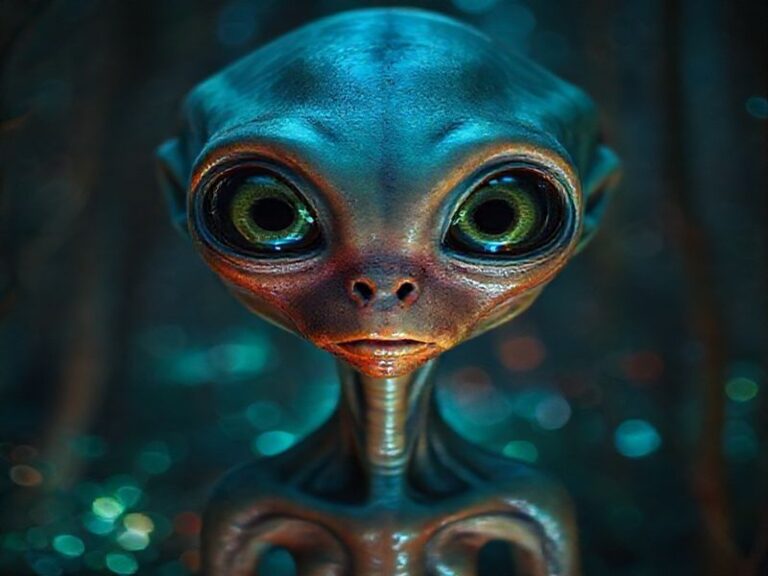Global Mouse Trap: How Disney+ Conquered 100+ Countries While Civilization Distracted Itself
**The Mouse That Streams: Disney+ and the Global Colonization of Eyeballs**
While the world burns through its remaining fossil fuels and democratic institutions, 164 million households across six continents have found something far more pressing to worry about: whether they can stream *Moana* in 4K. Disney+, the entertainment giant’s three-year-old streaming service, has become the digital opiate of the masses—a colorful, singing, dancing distraction from the rather less photogenic collapse of civilization as we know it.
The platform’s international expansion reads like a conquest narrative written by marketing executives. Since November 2019, Disney+ has launched in over 100 countries, bringing the full weight of American cultural imperialism to places that previously only had to endure Marvel movies in theaters. Now, from the favelas of São Paulo to the steppes of Mongolia, children can bond over their shared devotion to a multinational corporation’s intellectual property. It’s touching, really—nothing says global unity quite like simultaneous worldwide consumption of *Frozen II*.
The service’s timing proved impeccable, arriving just months before a pandemic that would trap billions indoors with nothing but screens for company. While small businesses collapsed and economies cratered, Disney+ subscriptions skyrocketed faster than you can say “systemic inequality.” The platform added 87 million subscribers in its first 16 months—a growth rate that would make any virus jealous. Even as people lost jobs, homes, and loved ones, they somehow found $7.99 monthly for access to *The Mandalorian*. Priorities, after all, are what separate us from the animals.
Internationally, Disney+ has adapted with the cultural sensitivity of a American tourist speaking louder English. In India, they bundled it with Hotstar, because nothing says “understanding local markets” like cramming cricket matches between episodes of *WandaVision*. In Europe, they’ve complied with regulations requiring 30% local content—the streaming equivalent of eating your vegetables before getting dessert. These concessions to national sovereignty haven’t stopped the platform from becoming a Trojan horse for American cultural values, wrapped in the reassuring familiarity of princesses and superheroes.
The broader implications are almost too depressing to contemplate. While Disney+ streams its nostalgic comfort food into every corner of the globe, actual food insecurity affects 828 million people. The platform’s success represents the final merger of entertainment and existence—a world where citizenship means consumption, where cultural participation requires a monthly subscription, where childhood memories are leased rather than owned. We’ve created a society where access to *The Lion King* is considered essential infrastructure, but clean water remains negotiable.
Perhaps most darkly humorous is how Disney+ has normalized the idea that culture should be privately owned and gated. Countries that once fought against colonialism now welcome the colonization of their living rooms by a company whose copyright extensions have robbed the public domain of an entire generation’s shared stories. The platform’s algorithm-driven content delivery ensures that viewers in Jakarta and Johannesburg receive the same carefully curated nostalgia, processed through the same corporate filter, creating a global monoculture dressed in the colorful costumes of diversity.
As we stumble deeper into the 21st century’s various crises—climate, political, economic, social—Disney+ stands as a monument to our species’ priorities. We may not have figured out how to prevent ecological collapse or reverse democratic backsliding, but by God, we’ve ensured that every human with an internet connection can watch *Encanto* whenever they want. It’s enough to make you believe in magic. Or at least in the magic of effective branding.
The streaming wars rage on, with Disney+ battling Netflix, Amazon Prime, and countless others for the privilege of monetizing our dwindling attention spans. Whoever wins, we lose—though at least we’ll have something to watch while it happens.







